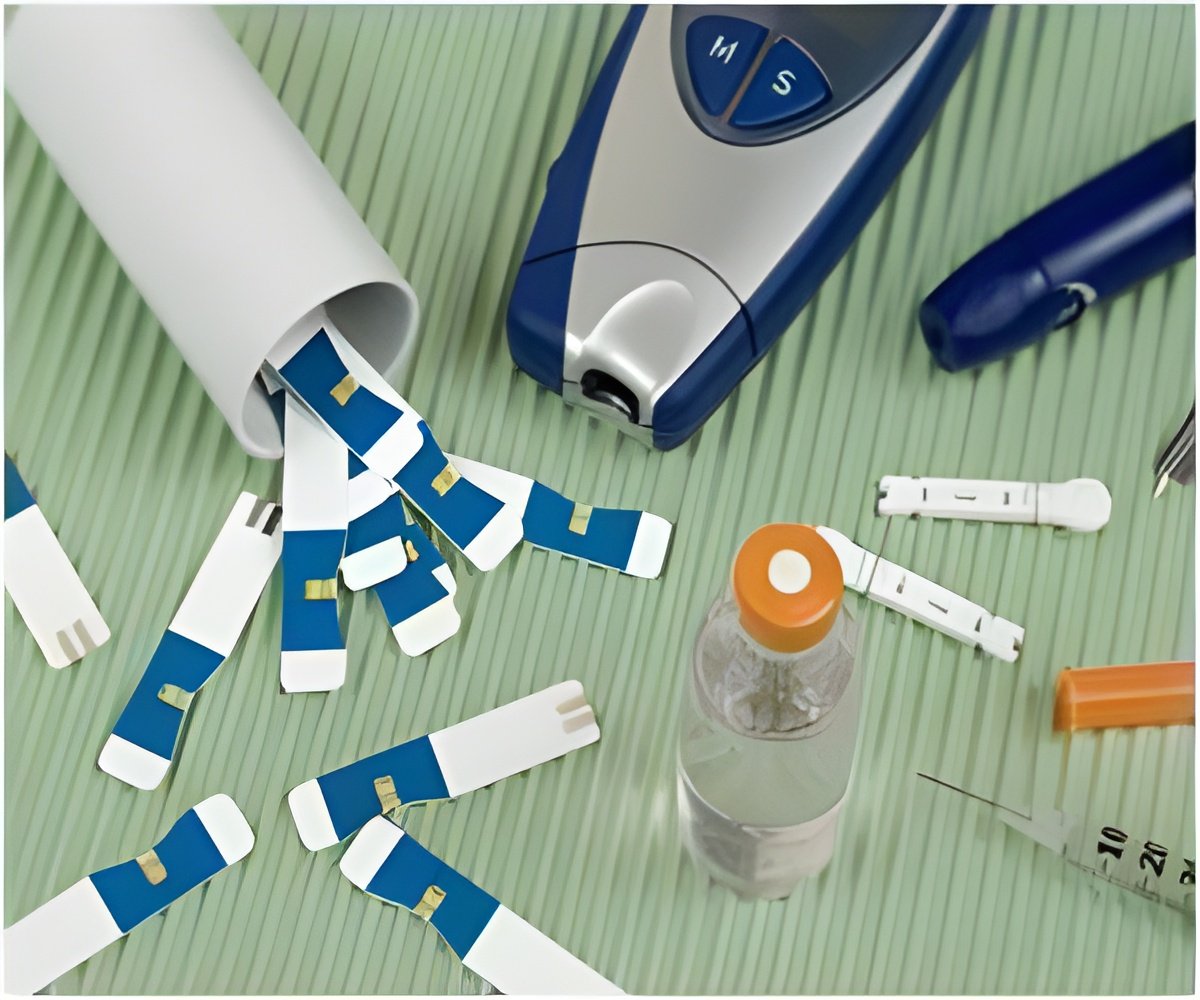Many cases of diabetes could be prevented by making use of existing prediction tools, new research from Queen Mary, University of London suggests.

The researchers say that if these tools were used by GPs and members of the public, many cases of diabetes could be prevented.
The team led by Dr Douglas Noble reviewed 145 different 'risk scores' for type 2 diabetes. While none were 100 per cent accurate, many gave a reasonable prediction of whether someone will develop diabetes over the next decade.
Research suggests that up to half of all cases of diabetes can be prevented by lifestyle measures, such as diet and exercise, or medication.
Dr Noble said: "The big take home message was that despite there being vast numbers of risk prediction models, hardly any of them were in use in clinical practice or by members of the public. The best ones, of which we identified seven, represent a big opportunity for people to spot whether they are at high risk of developing diabetes and if so to take urgent action to reduce their risk. Importantly, for most people that means increasing physical exercise and losing weight"
"If we stop people from developing diabetes in the first place we will prevent a great deal of ill health, save money, reduce use of NHS resources and, crucially, save lives."
Professor Trisha Greenhalgh, who was also part of the research team, said "This study has confirmed what many doctors already suspected: that risk scores are good at detecting people at high risk of developing diabetes but very few people have actually had their risk estimated. "
Source-Eurekalert
 MEDINDIA
MEDINDIA




 Email
Email










